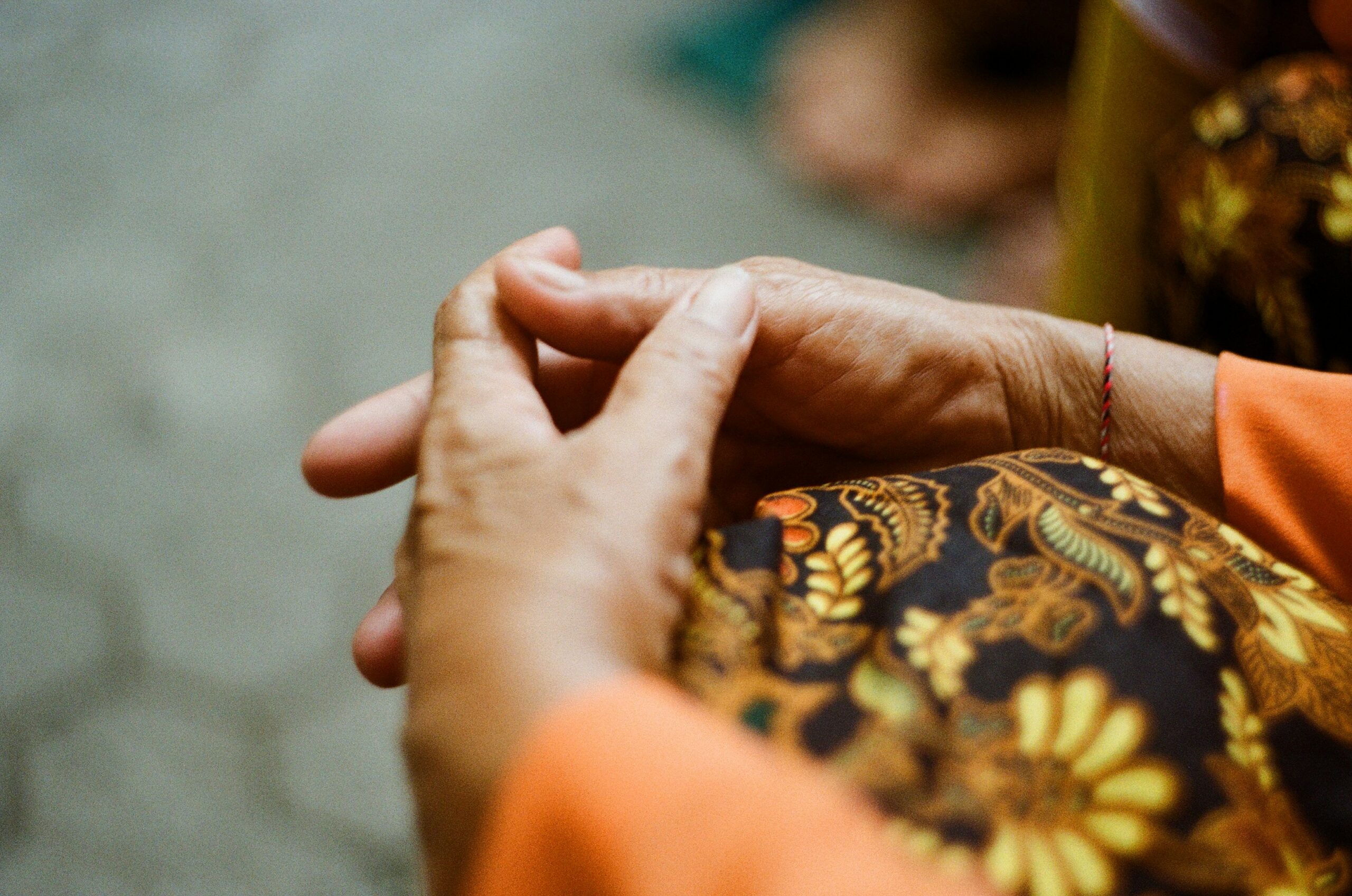Love of Learning
Rebuilding the Future
Lisa Van and Kiet Loi in Conversation With Mina Wong
How would you describe your lives before coming to Canada?
L: When Saigon fell to the Vietcong, I was only in kindergarten. But soon, school became “re-education”. We swept streets and picked up garbage. We didn’t learn to read or write. My family limped along for another year but after my father’s emphysema forced him to quit work, only mother’s knitting supported the family. We had a chance to leave Vietnam when a fisherman offered to take us for a fee. Unfortunately, dad was too sick to go and mother wouldn’t leave him behind. I went with Bao, my uncle. He was eighteen. One night, we waded into the Mekong with fifty others to board a rickety boat, to wherever it would take us.
K: The Vietcong confiscated my family’s textile store, and like Lisa, we left Vietnam against all odds. I was eleven in 1977. My parents, my sister and I hid inside a fishing boat on a September night with no moon. It must have been hours, but when the boat slowed down, we thought pirates would hurt or kill us. But no, we could almost see land that was Malaysia. My family and I arrived at a Malaysian refugee camp that would be home for the next two years. Thank goodness we stayed together. Almost two years later, we found out we were going to Canada as a family unit.
L: At my camp in the Philippines, but nowhere near Manila, Bao and I could study English. It was probably Christmas more than a year later when we were assigned to Canada as a family. What do you remember about Canada on arrival?
K: Being a kid, I was excited to fly from Malaysia wearing clean clothes and shoes. So much happened when we arrived in Toronto! We had our physicals at an army base, and stayed at a motel until social workers found us housing, schools, and family doctors. My sister and I started junior high English classes. My parents also studied English until they found jobs through community services.
L: Like Kiet, Bao and I were at a motel for a while. When social workers found an apartment for another refugee family, Bao and I lived with them. I went to the same school as their children until Bao was twenty-one and working, and formally adopted me.
How has Canada shaped your lives since coming here so many years ago?
L: Our first priority as refugees was safety, and Canada’s first responsibility was also to keep us safe. I loved school. My teachers were nice and so were other children. I promised my parents to work hard in Canada that let me rebuild a future. Soon Bao married, but he and his wife made sure I would get a good education. I chose lab science after high school because it was a good field in medicine. Canada taught me I could build a good life in a rich culture, and be a proud Canadian.
K: Thank goodness my family came here. Sure we had to learn English, but Canada gave us the freedom to be happy and healthy and successful. My parents learned enough English to hold stable jobs before retiring ten years ago. My sister became a tax lawyer. I am a chemical engineer and specialize in plastic product sustainability.
L and K: It was also in Canada that we met at a Christmas party. We liked each other right away because we had similar values about life, work, marriage, and family.
What would you say about the future?
K: I would say Lisa and I have built a strong future for our daughter, Margaret. She’s twenty and studying television production at Ryerson.
L: Margaret’s future is also Canada’s future. We want her to be a happy, healthy, and productive Canadian.
K: For us, our future is here, in a country that saved us from war’s aftermath. We came here young and Canada is our home and future. I hear some refugees complain Canada wants them to forever feel indebted, or they don’t feel loved because Canadians are not interested in their cultures or the wars they fled. But Canada has kept us safe from danger, given us a chance for peace, and an opportunity to be good citizens of the world. I am telling you about my life right now, and if Canada didn’t love us, why would you be listening?
L: I also think it’s up to me to be a happy and successful Canadian.
K: But we would never forget Vietnam or our roots. If Lisa’s surname means “knowledge” and mine means “thunder”, we will always be learning something new and exciting.
We value your opinion. Please let us know what you think about this column. Send
comments to learningcurves@hotmail.com.




